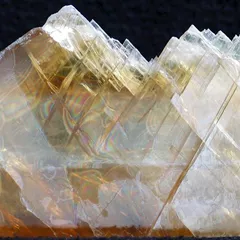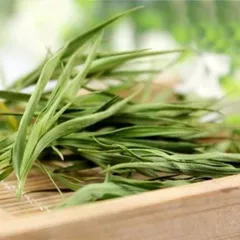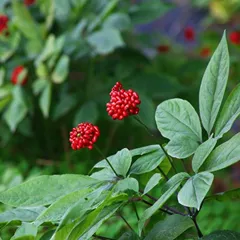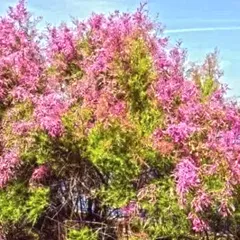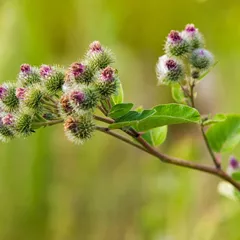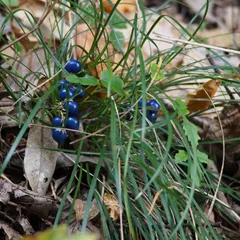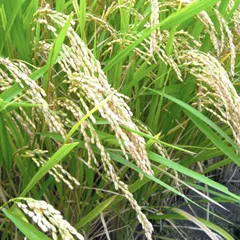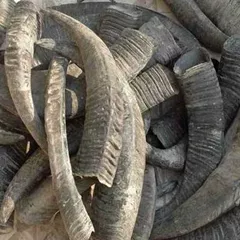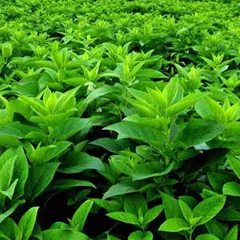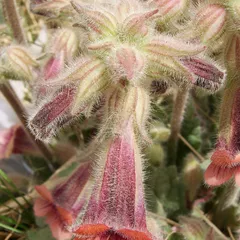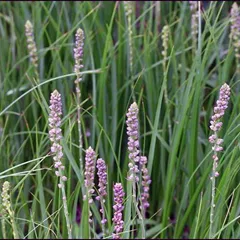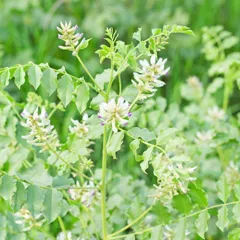Qing Shu Yi Qi Tang
Qing Shu Yi Qi Tang
Chinese: 清暑益气汤
Pinyin: Qīng Shǔ Yì Qì Tāng
Other names: Clear Summer heat and Augment the Qi Decoction
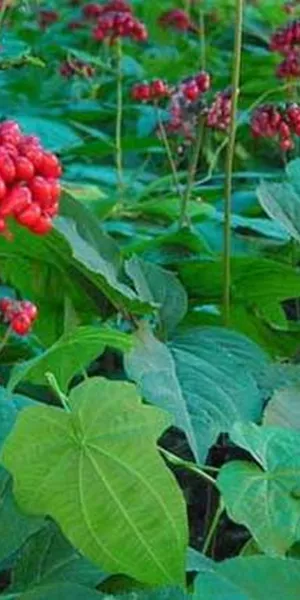
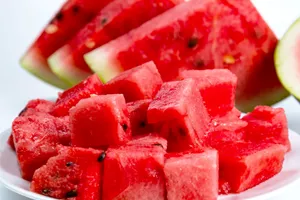
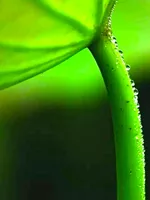
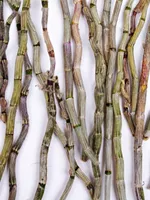




Qing Shu Yi Qi Tang
Qing Shu Yi Qi Tang
Chinese: 清暑益气汤
Pinyin: Qīng Shǔ Yì Qì Tāng
Other names: Clear Summer heat and Augment the Qi Decoction
Number of ingredients: 10 herbs
Formula category: Formulas that dispel Summer-Heat and augment Qi
Conditions for which it may be prescribed: PneumoniaHeat strokeHyperthermia and three other conditions
- Clears summerheat
- Augments the Qi
- Nourishes the Yin
- Generates Body Fluids
Contraindications: Because of the large number of cloying, Yin-nourishing herbs, this formula... Because of the large number of cloying, Yin-nourishing herbs, this formula should not be used without considerable modification in cases of Summerheat-Dampness. It is also inappropriate for conditions in which the pathogenic influence has already been resolved. see more
Source date: 1852 AD
Source book: Warp and Woof of Warm-Febrile Diseases
The information provided here is not a replacement for a doctor. You shouldn't use it for the purpose of self-diagnosing or self-medicating but rather so you can have a more informed discussion with a professional TCM practitioner.
Qing Shu Yi Qi Tang is a 10-ingredient Chinese Medicine formula with American Ginseng (Xi Yang Shen) and Watermelons (Xi Gua) as principal ingredients.
Invented in 1852 AD, it belongs to the category of formulas that dispel Summer-Heat and augment Qi. Its main actions are: 1) clears summerheat and 2) Augments the Qi.
In Chinese Medicine health conditions are thought to arise due to "disharmonies" in the body as a system. These disharmonies are called "patterns" and the very purpose of herbal formulas is to fight them in order to restore the body's harmony.
In this case Qing Shu Yi Qi Tang is used by TCM practitioners to fight patterns like Summer-Heat. From a Western Medicine standpoint, such patterns can give rise to a range of conditions such as hyperthermia, heat stroke or pneumonia for instance.
On this page, after a detailed description of each of the ten ingredients in Qing Shu Yi Qi Tang, we review the patterns and conditions that Qing Shu Yi Qi Tang helps treat.
The ten ingredients in Qing Shu Yi Qi Tang

Xi Yang Shen is a king ingredient in Qing Shu Yi Qi Tang. Like the name indicates, it means it has more power than other ingredients in the formula.
1. American Ginseng (Xi Yang Shen)
Part used: Dried roots
Nature: Cool
Meridian affinity: StomachHeartKidneyLung
Category: Tonic herbs for Qi Deficiency
In general Xi Yang Shen's main actions are as follows: "Benefits the Qi, generates Fluids and nourishes the Yin. Nourishes Lung Yin. Calms restlessness."
In the context of Qing Shu Yi Qi Tang, it is used because it augments the Qi, generates Body Fluids, nourishes the Yin, and clears Heat.
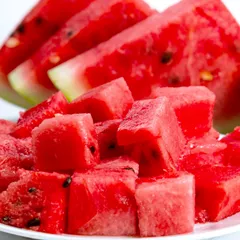
Xi Gua is a king ingredient in Qing Shu Yi Qi Tang. Like the name indicates, it means it has more power than other ingredients in the formula.
2. Watermelons (Xi Gua)
Part used: The fruit
Nature: Cold
Taste(s): Sweet
Meridian affinity: BladderStomachHeart
Category: Herbs that clear Heat and purge Fire and/or clear Summer Heat
In general Xi Gua's main actions are as follows: "Treats Summer-Heat and thirst. Brings on urination."
In the context of Qing Shu Yi Qi Tang, it is used because it is an important substance for clearing Heat and releasing Summer-Heat.

He Geng is a deputy ingredient in Qing Shu Yi Qi Tang. This means it helps the king ingredient(s) treat the main pattern or it serves to treat a coexisting pattern.
3. Lotus Stems (He Geng)
Part used: Dry stems
Nature: Neutral
Taste(s): Bitter
Meridian affinity: BladderSpleen
Category: Herbs that clear Heat and purge Fire and/or clear Summer Heat
In general He Geng's main actions are as follows: "Clears Summer-Heat. Regulate Qi in the Middle. "
In the context of Qing Shu Yi Qi Tang, it is used because it assists Watermelon in clearing Heat and releasing Summer-Heat.

Shi Hu is a deputy ingredient in Qing Shu Yi Qi Tang. This means it helps the king ingredient(s) treat the main pattern or it serves to treat a coexisting pattern.
4. Dendrobium (Shi Hu)
Part used: Fresh or dried stems
Nature: Cool
Taste(s): Sweet
Meridian affinity: StomachKidneyLung
Category: Tonic herbs for Yin Deficiency
In general Shi Hu's main actions are as follows: "Tonifies the Yin of the Lung and Stomach and assists in the generation of Fluids. Clears Heat and nourishes the Yin. Improves vision and strengthens the lower back."
In the context of Qing Shu Yi Qi Tang, it is used because it nourishes the Yin of the Lungs and Stomach.
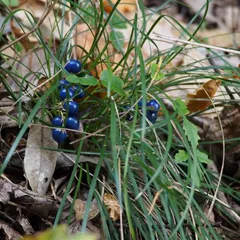
Mai Dong is a deputy ingredient in Qing Shu Yi Qi Tang. This means it helps the king ingredient(s) treat the main pattern or it serves to treat a coexisting pattern.
5. Dwarf Lilyturf Roots (Mai Dong)
Part used: Dried root tuber
Nature: Cool
Meridian affinity: HeartLungStomach
Category: Tonic herbs for Yin Deficiency
In general Mai Dong's main actions are as follows: "Replenishes Yin Essence and promotes secretions. Lubricates and nourishes the Stomach. Soothes the Lung. Nourishes the Heart."
In the context of Qing Shu Yi Qi Tang, it is used because it nourishes the Yin of the Lungs and Stomach.
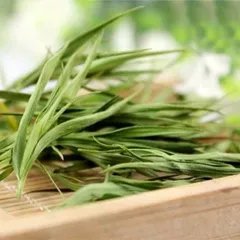
Dan Zhu Ye is an assistant ingredient in Qing Shu Yi Qi Tang. This means that it either serves to reinforces the effect of other ingredients or it moderates their toxicity.
6. Lophatherum Herbs (Dan Zhu Ye)
Part used: Dried stem and leaf
Nature: Cold
Taste(s): Sweet
Meridian affinity: HeartSmall intestineStomach
Category: Herbs that clear Heat and purge Fire and/or clear Summer Heat
In general Dan Zhu Ye's main actions are as follows: "Clears Heat and aids thirst. Aids urination and drains Damp-Heat."
In the context of Qing Shu Yi Qi Tang, it is used because it clears Heat and resolve irritability and thirst.
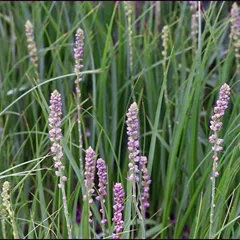
Zhi Mu is an assistant ingredient in Qing Shu Yi Qi Tang. This means that it either serves to reinforces the effect of other ingredients or it moderates their toxicity.
7. Anemarrhena Rhizomes (Zhi Mu)
Part used: Dried rhizome
Nature: Cold
Meridian affinity: KidneyLungStomach
Category: Herbs that clear Heat and purge Fire and/or clear Summer Heat
In general Zhi Mu's main actions are as follows: "Clears Heat and Fire from the Qi level. Clears Heat and Fire from the Lung and Stomach. Clears Heat and tonifies the Yin."
In the context of Qing Shu Yi Qi Tang, it is used because it clears Heat and resolve irritability and thirst.
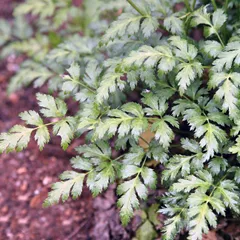
Huang Lian is an assistant ingredient in Qing Shu Yi Qi Tang. This means that it either serves to reinforces the effect of other ingredients or it moderates their toxicity.
8. Goldthread Rhizomes (Huang Lian)
Part used: Dried rhizome
Nature: Cold
Taste(s): Bitter
Meridian affinity: GallbladderHeartLarge intestineLiverSpleenStomach
Category: Herbs that clear Heat and dry Dampness
Huang Lian is bitter and cold. It is especially effective in pacifying Fire. Here it is used to assist in clearing Heat and expelling Summer-Heat.
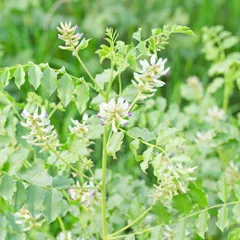
Gan Cao is an assistant ingredient in Qing Shu Yi Qi Tang. This means that it either serves to reinforces the effect of other ingredients or it moderates their toxicity.
9. Liquorice (Gan Cao)
Part used: Dried root and rhizome
Nature: Neutral
Taste(s): Sweet
Meridian affinity: HeartLungSpleenStomach
Category: Tonic herbs for Qi Deficiency
Gan Cao augment the Qi and nourish the Stomach. Not only it assists in treating the underlying condition, they also prevent the cloying nature of the Yin-nourishing herbs and the cold nature of the Heat-clearing herbs from upsetting the Stomach.
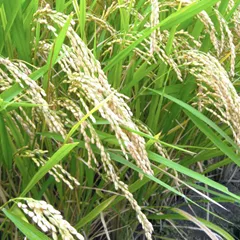
Jing Mi is an assistant ingredient in Qing Shu Yi Qi Tang. This means that it either serves to reinforces the effect of other ingredients or it moderates their toxicity.
10. Rice Sprouts (Jing Mi)
Part used: Seed kernels
Nature: Neutral
Taste(s): Sweet
Meridian affinity: SpleenStomach
Category: Tonic herbs for Qi Deficiency
Jing Mi augment the Qi and nourish the Stomach. Not only it assists in treating the underlying condition, they also prevent the cloying nature of the Yin-nourishing herbs and the cold nature of the Heat-clearing herbs from upsetting the Stomach.
Qing Shu Yi Qi Tang is used to treat Summer-Heat
It's important to remember that herbal formulas are meant to treat patterns, not "diseases" as understood in Western Medicine. According to Chinese Medicine patterns, which are disruptions to the body as a system, are the underlying root cause for diseases and conditions.
As such Qing Shu Yi Qi Tang is mostly used to treat the pattern "Summer-Heat" which we describe below.
But before we delve into Summer-Heat here is an overview of the Western conditions it is commonly associated with:
Hyperthermia Heat stroke Pneumonia Acute infectious diseases Fever of uknown origin Acute infectious diseases convalescence
Again it wouldn't be correct to say "Qing Shu Yi Qi Tang treats hyperthermia" for instance. Rather, Qing Shu Yi Qi Tang is used to treat Summer-Heat, which is sometimes the root cause behind hyperthermia.
Now let's look at Summer-Heat, a pattern that TCM practitioners commonly treat with Qing Shu Yi Qi Tang.
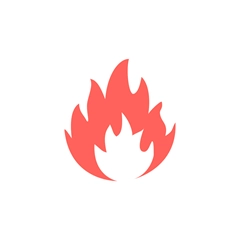
'Heat' as a body pattern in Chinese Medicine is one of the so-called "Eight Principles". Learn more about Heat pattern in Chinese Medicine
Summer-Heat
Pulse type(s): Rapid (Shu), Soggy (Ru)
Tongue coating: Yellow coating
Symptoms: Fever Thirst Sweating Diarrhea Vomiting Headaches Irritability Aversion to cold Urinary difficulty Feeling of heaviness Uncomfortable sensation in the epigastrium
Qing Shu Yi Qi Tang is sometimes prescribed by TCM practitioners to treat Summer-Heat. This pattern leads to symptoms such as fever, aversion to cold, sweating and headaches. Patients with Summer-Heat typically exhibit rapid (Shu) or soggy (Ru) pulses as well as Red in the front or sides with a white sticky coating.
Summer Heat is one of the four patterns of the Defensive Qi level, the first level of invasion in the Four Level theory.
It corresponds to the invasion of "External Evil" Summer-Heat. As the name indicates, it predominantly tends to occur during the summer.
As a pattern situated at the Defensive Qi... read more about Summer-Heat
Formulas similar to Qing Shu Yi Qi Tang
Zhu Ye Shi Gao Tang is 40% similar to Qing Shu Yi Qi Tang
Zhu Ye Cheng Liu Tang is 36% similar to Qing Shu Yi Qi Tang
Mai Men Dong Tang is 30% similar to Qing Shu Yi Qi Tang
Qing Ying Tang is 30% similar to Qing Shu Yi Qi Tang
Bai Hu Tang is 30% similar to Qing Shu Yi Qi Tang
Hua Ban Tang is 30% similar to Qing Shu Yi Qi Tang

